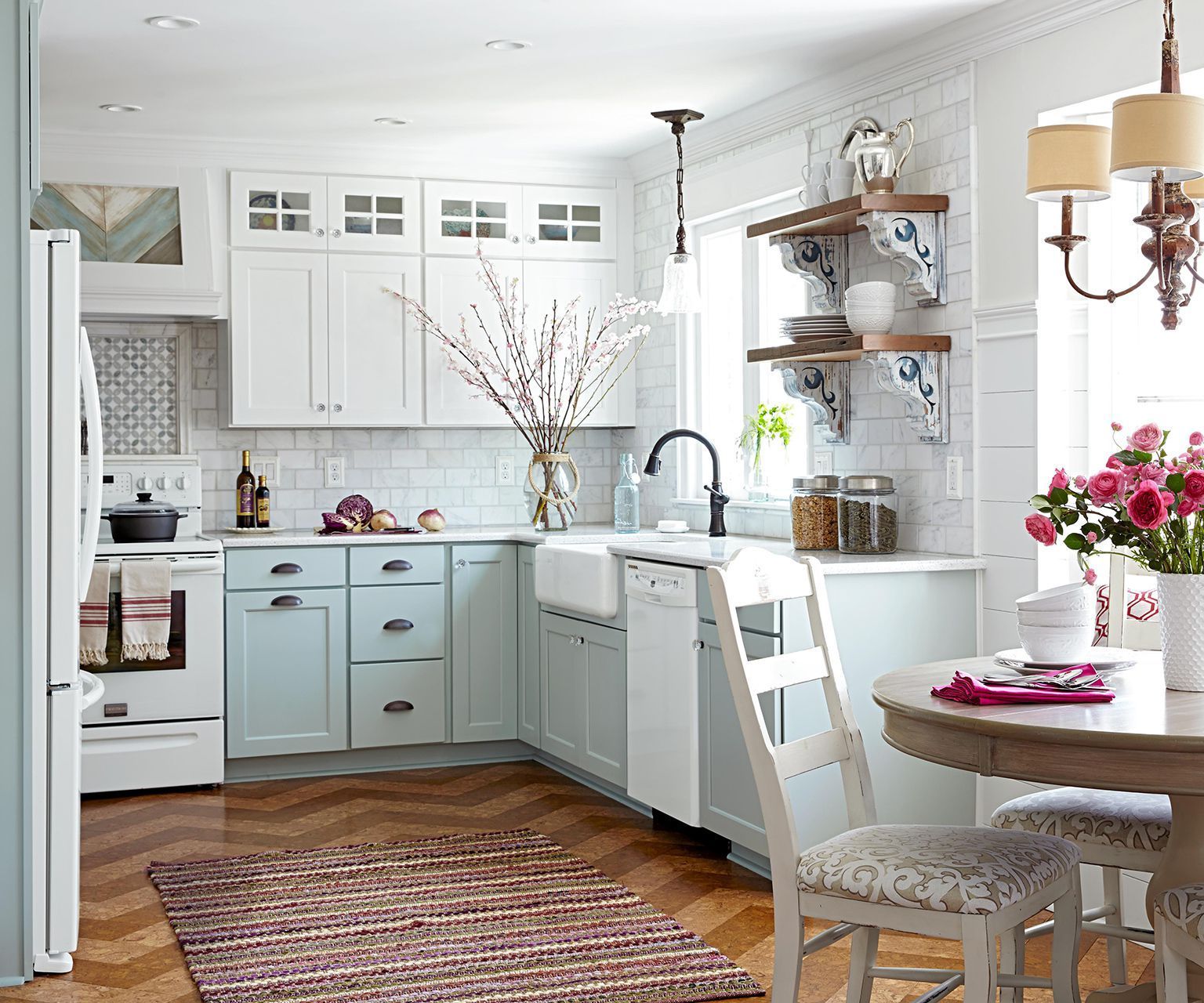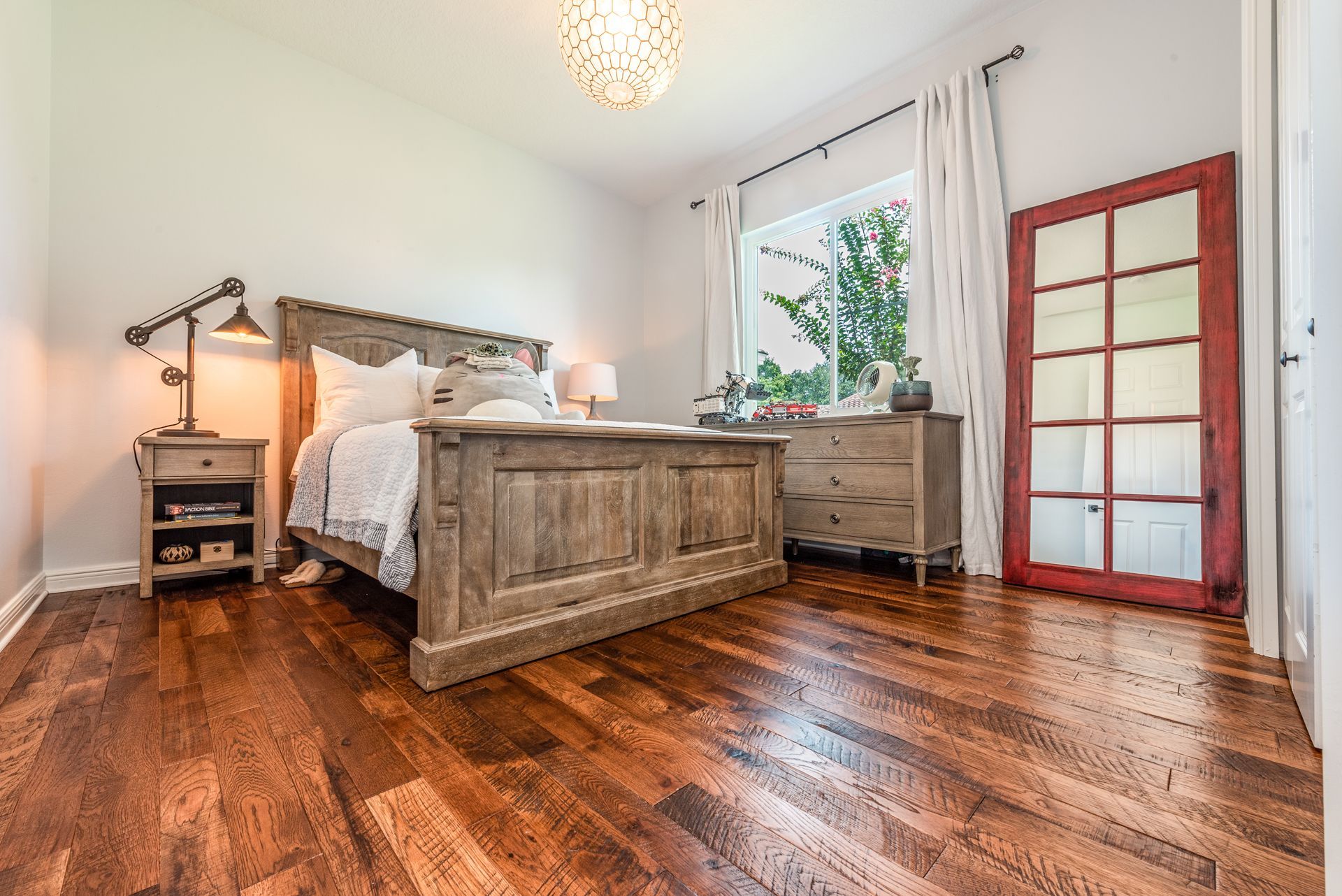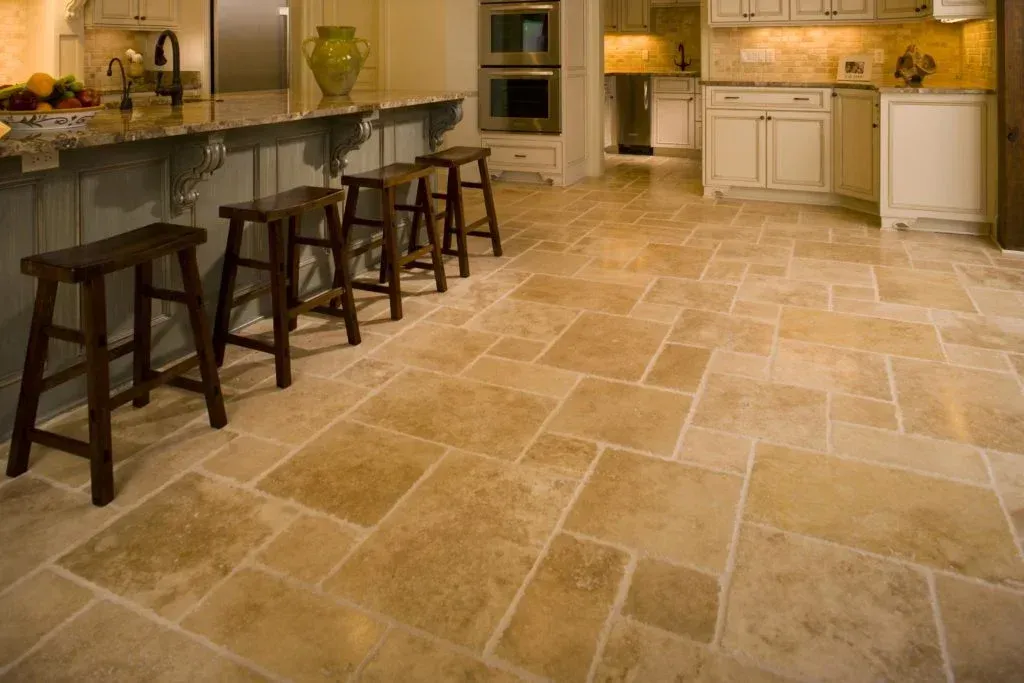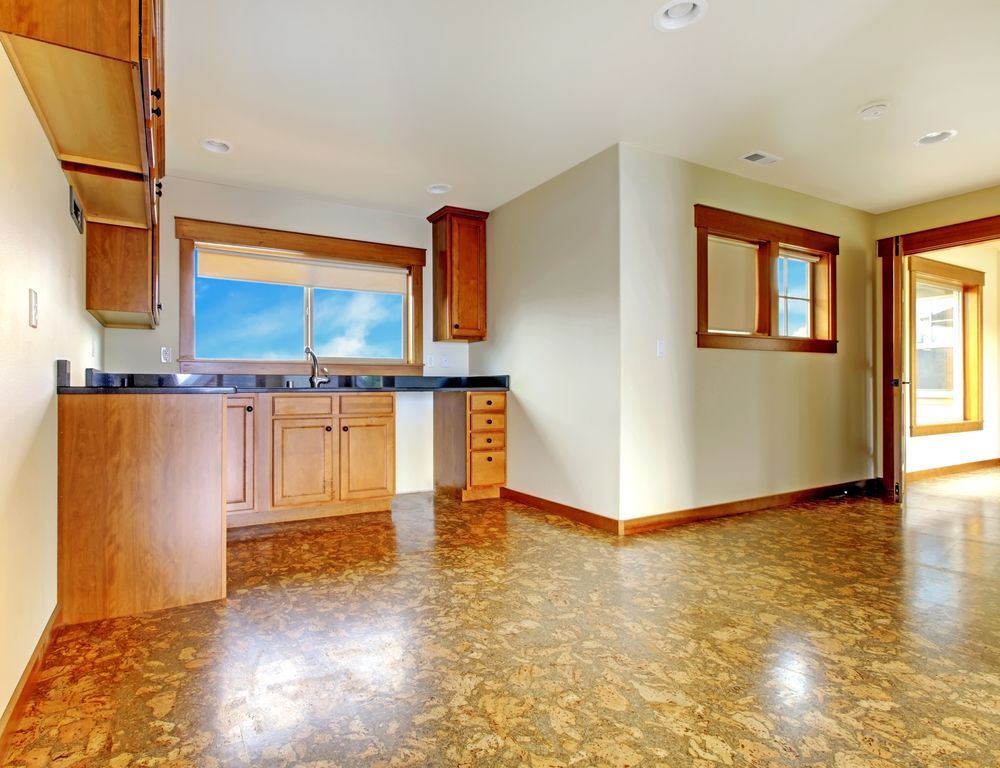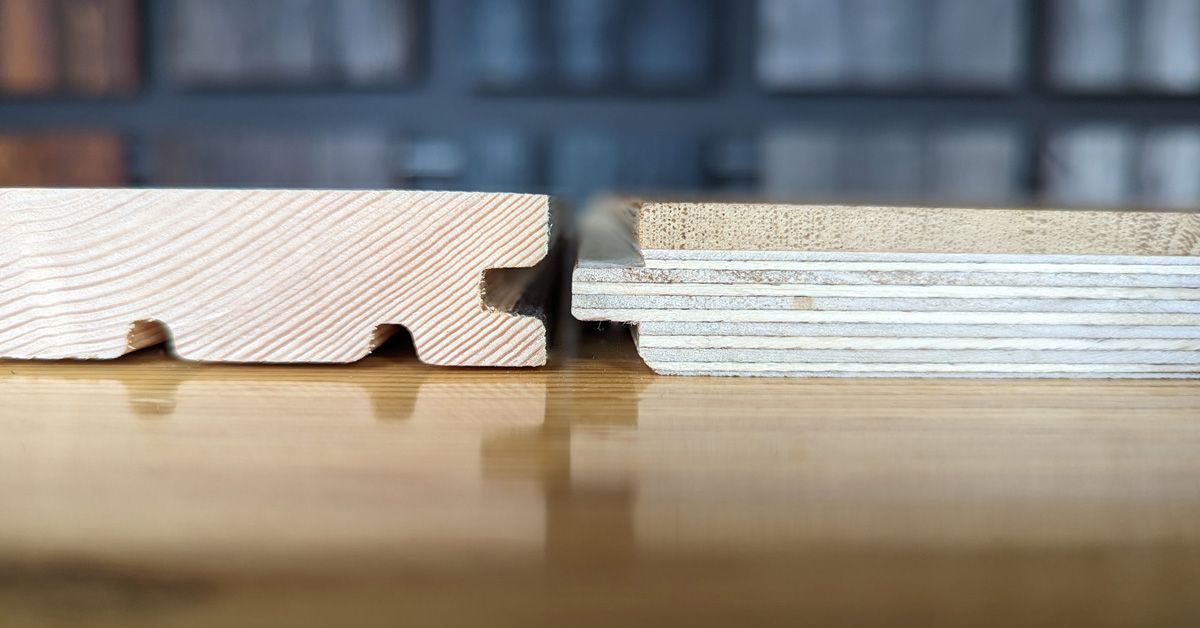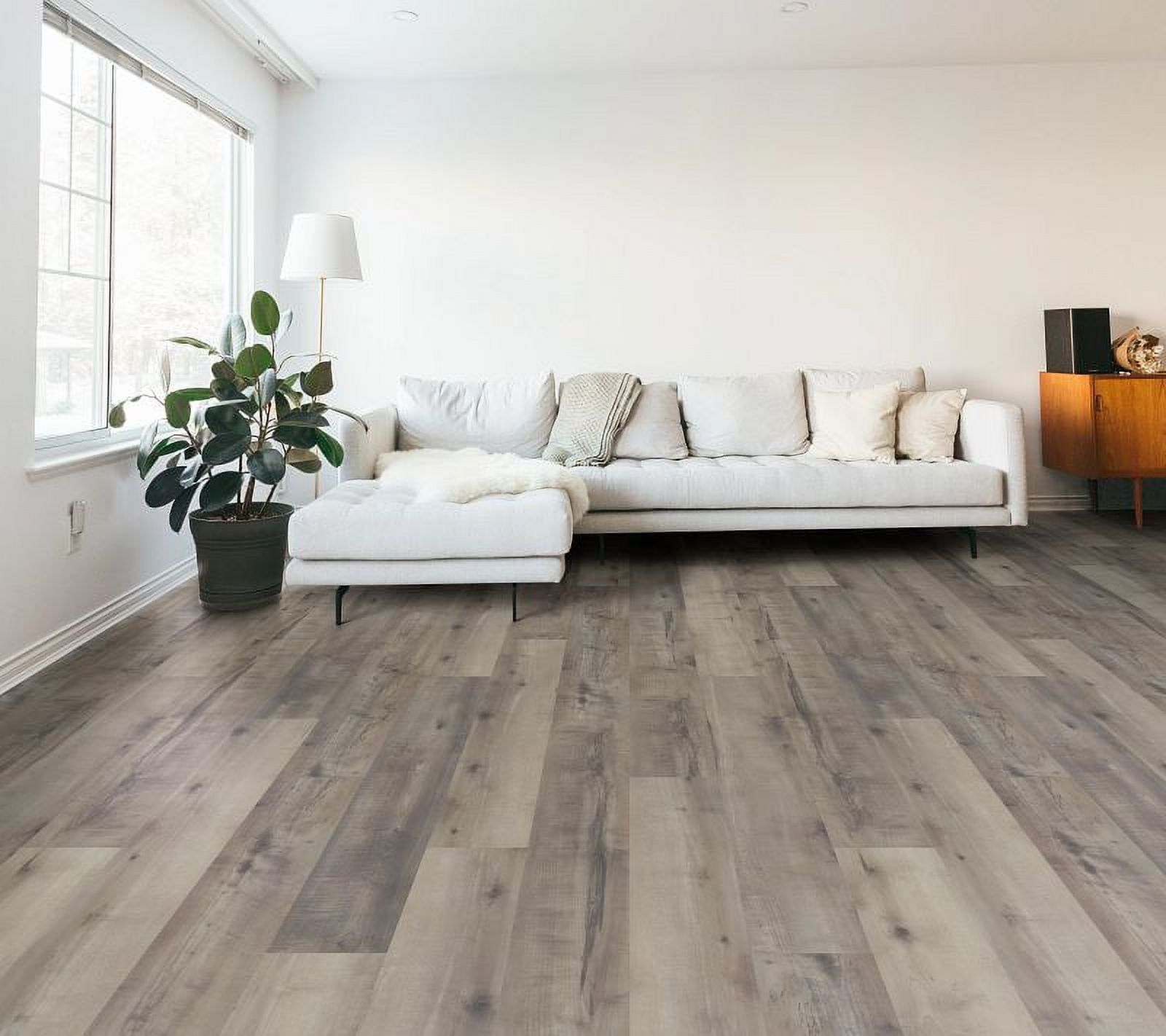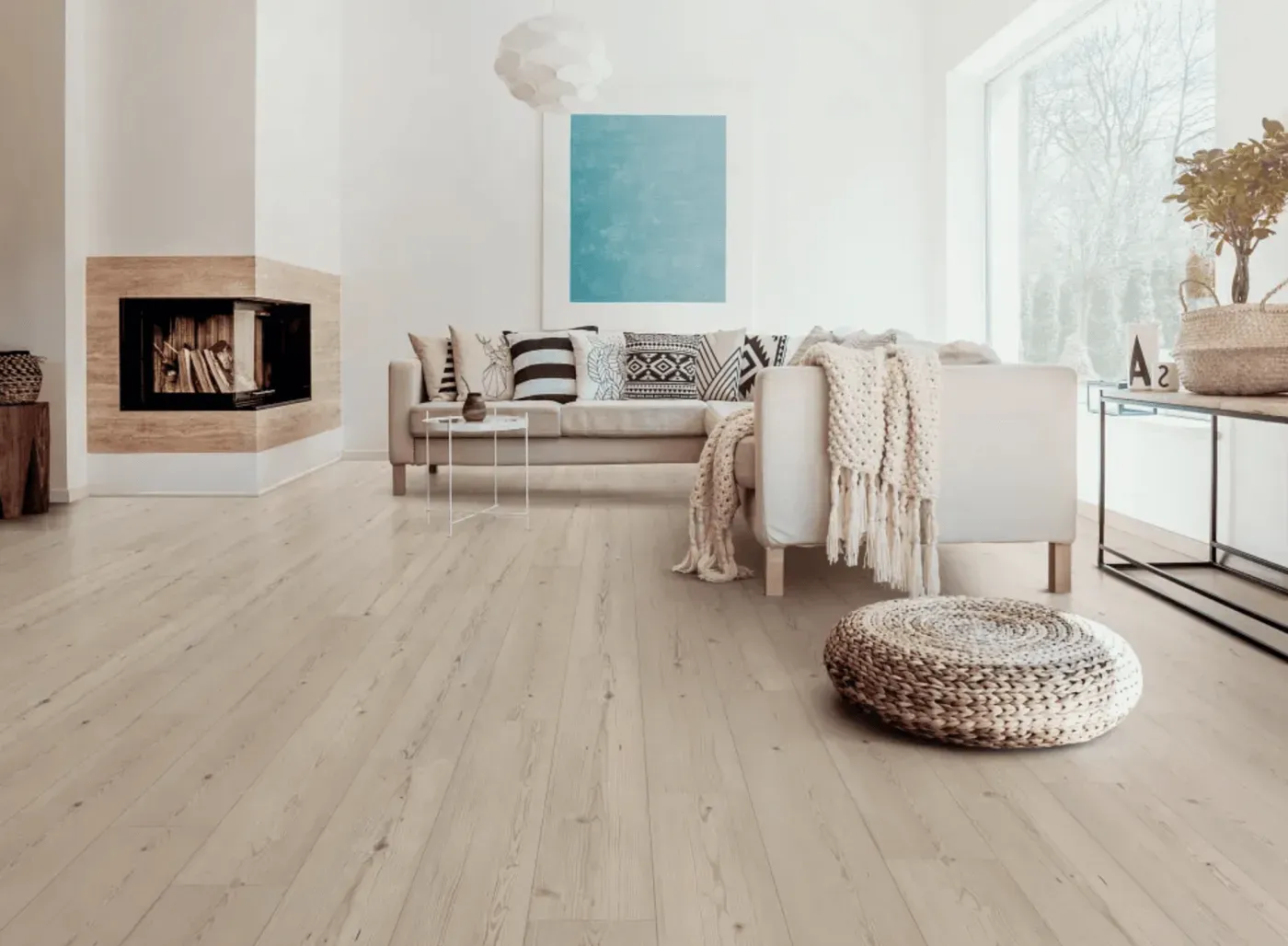Allergen-Free Flooring Options for Nashville: Healthy Choices for Your Home
Allergies can make life tough. The good news is that your flooring choice can help. The right floors can cut down on allergens in your Nashville home.
Hard, smooth surfaces like hardwood, tile, and cork are top picks for allergy sufferers. These allergy-friendly flooring options don't trap dust or pollen. They're also easy to clean. This means fewer sneezes and sniffles for you and your family.
You have many choices beyond just wood and tile. Luxury vinyl plank and bamboo are great options too. Each type has its own perks. We'll look at the pros and cons of each to help you pick the best floor for your needs.
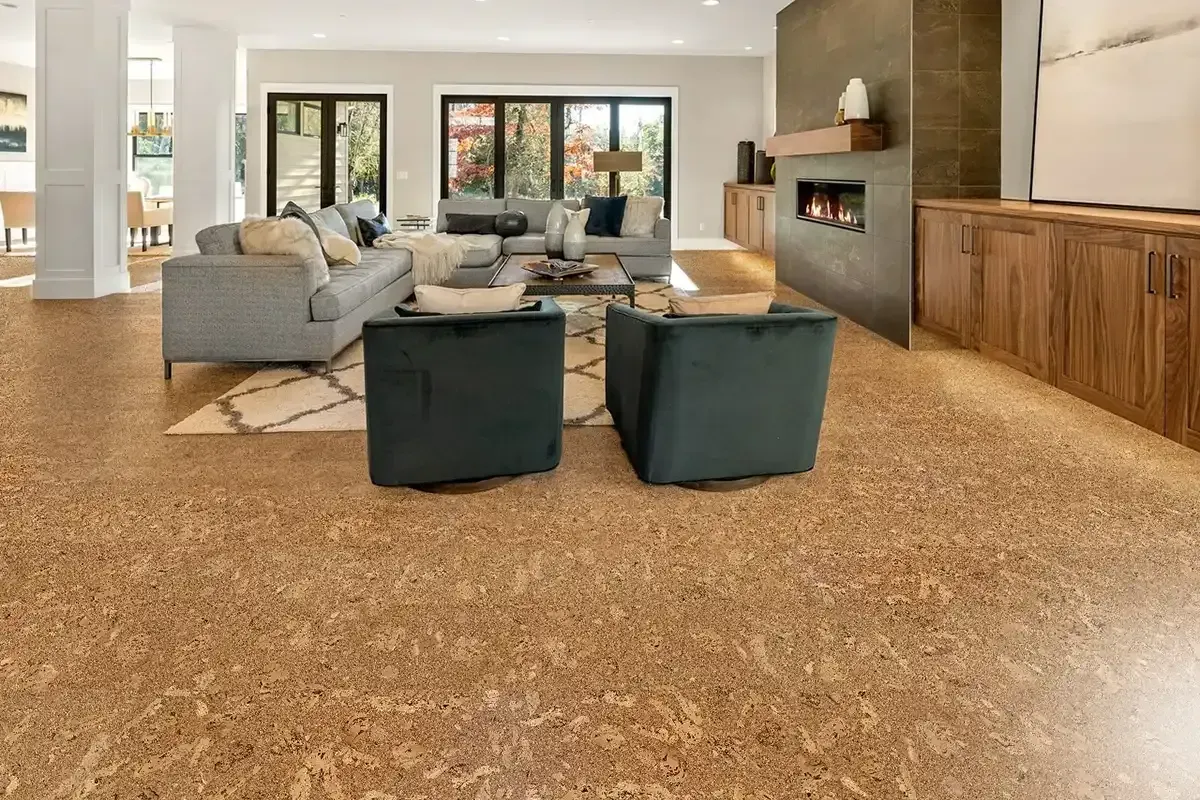
Benefits of Allergen-Free Flooring
Allergen-free flooring can make a big difference in your home. It helps keep the air clean and reduces allergy symptoms.
Hard surface flooring is easy to clean. You can sweep and mop it quickly, removing dust and pollen.
These floors don't trap allergens like carpet does. This means fewer sneezes and less itchy eyes for you and your family.
Allergen-free floors are often smooth and non-porous. They don't give dust mites or mold a place to grow.
You'll breathe easier with these floors. They help improve indoor air quality by not holding onto irritants.
Some benefits of allergen-free flooring include:
- Less dust and pollen in your home
- Fewer places for allergens to hide
- Easier cleaning and maintenance
- Better air quality indoors
- Reduced allergy symptoms
Hardwood floors are great for allergy sufferers. They don't trap allergens or harmful substances from outdoors.
With allergen-free flooring, you can create a healthier living space. Your allergies may improve, and you might sleep better at night.
Types of Allergen-Free Flooring Options
Allergen-free flooring can make a big difference for people with allergies. These options are easy to clean and don't trap dust or pollen.
Hardwood
Hardwood floors are a top choice for allergy sufferers. They don't hold onto allergens and are simple to keep clean. You can sweep, vacuum, or mop them easily to remove dust and pollen.
Hardwood comes in many types of wood and finishes. Oak, maple, and cherry are popular options. You can choose between light or dark colors to match your style.
These floors don't attract dust mites or mold. This makes them great for bedrooms and living areas. Hardwood can last for decades with proper care.
Cork
Cork flooring is another good option for allergy sufferers. It's naturally resistant to mold and mildew. Cork also doesn't harbor dust mites or other allergens.
This flooring feels soft underfoot and can help reduce noise. It's made from the bark of cork oak trees, which grows back after harvesting.
Cork comes in tiles or planks. You can find it in various colors and patterns. It's also eco-friendly and sustainable. Cork needs sealing to protect it from moisture, but it's easy to clean with a damp mop.
Bamboo
Bamboo flooring looks similar to hardwood but comes from grass. It's hard, smooth, and doesn't trap allergens. Bamboo is also easy to clean with a dust mop or vacuum.
This flooring is very durable and resists scratches well. It comes in light or dark shades to suit different decor styles.
Bamboo grows quickly, making it an eco-friendly choice. It's also affordable compared to some hardwoods. You can find bamboo in solid planks or engineered formats.
Linoleum
Linoleum is made from natural materials like linseed oil and wood flour. It doesn't collect dust or pollen, making it good for allergy sufferers.
This flooring is soft underfoot and comes in many colors and patterns. You can find it in sheets or tiles. Linoleum is easy to clean with regular sweeping and damp mopping.
It's naturally antimicrobial, which helps prevent mold growth. Linoleum is also durable and can last for decades. It's a good choice for kitchens and bathrooms because it resists water well.
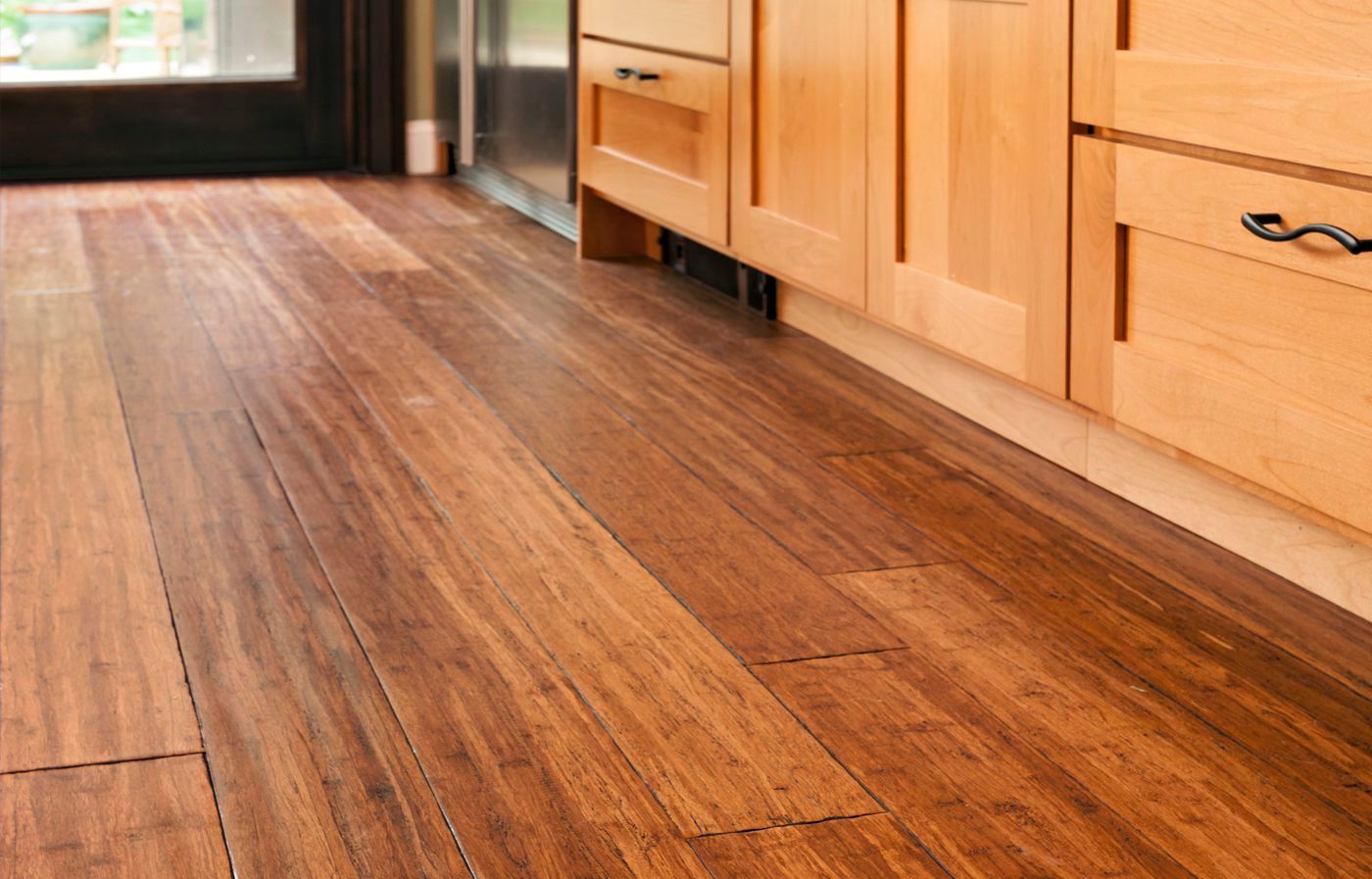
Key Considerations for Selection
When choosing allergen-free flooring for your Nashville home, you need to think about a few important factors. These will help you pick the best option for your health and lifestyle.
Indoor Air Quality
Indoor air quality is crucial for allergy sufferers. Hard, smooth surfaces like hardwood, tile, and cork are top choices. They don't trap allergens and are easy to clean.
Avoid wall-to-wall carpeting. It can hold onto dust, pollen, and pet dander. If you must have carpet, choose low-pile options and vacuum often.
Be careful with some laminate flooring. It may release harmful chemicals into the air. Look for low-VOC (volatile organic compound) products to protect your air quality.
Natural materials like bamboo can be good choices. They typically don't off-gas harmful substances. Always check product labels for any potential irritants.
Ease of Cleaning
Your flooring should be simple to keep clean. This helps reduce allergens in your home.
Hardwood and tile are very easy to clean. You can sweep, vacuum, or mop them quickly. Dust and allergens have nowhere to hide on these smooth surfaces.
Luxury vinyl plank is another good option. It's water-resistant and can handle spills without damage. This makes it easy to clean thoroughly.
Avoid textured or grooved surfaces. They can trap dirt and allergens, making cleaning harder. Smooth floors are your best bet for easy maintenance.
Regular cleaning is key. Set up a schedule to sweep or vacuum daily. Mop at least once a week to keep allergens at bay.
Durability
Your flooring needs to stand up to regular cleaning and Nashville's climate. Durable floors last longer and need fewer replacements.
Hardwood is a great long-term choice. It can last for decades with proper care. You can refinish it if it gets scratched or worn.
Tile is extremely durable. It resists scratches, stains, and moisture. This makes it perfect for high-traffic areas or rooms prone to spills.
Luxury vinyl plank offers good durability at a lower price. It's resistant to scratches and water damage. Many brands offer long warranties.
Consider the specific needs of each room. Bathrooms and kitchens need water-resistant options. Living areas might benefit from scratch-resistant flooring if you have pets.
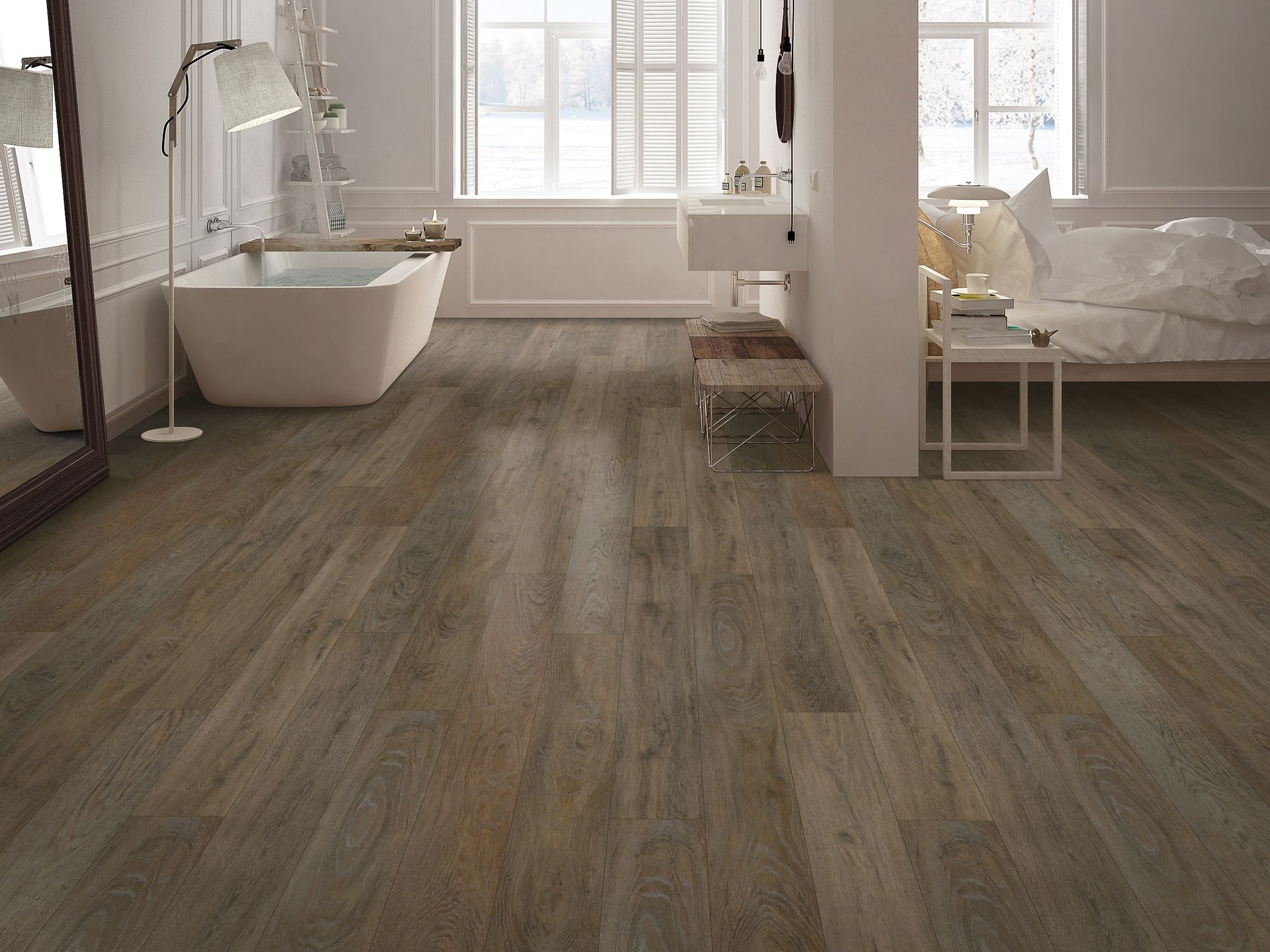
Installation Tips and Best Practices
Proper installation is key for allergen-free flooring. Good techniques help prevent moisture issues and gaps that could trap allergens. These tips will help you get the best results.
Professional vs. DIY Installation
Hiring a pro often leads to better results for allergen-free floors. Pros have the right tools and know how to seal edges properly. They can also spot potential issues you might miss.
If you choose DIY, take time to learn the specific install method for your flooring. Watch videos and read guides carefully. Rent or buy quality tools to get clean cuts and tight seams.
For tile or hardwood, precision is crucial. Even small gaps can collect dust and allergens. Make sure you're confident in your skills before tackling these materials yourself.
Subfloor Preparation
A smooth, clean subfloor is essential for allergen-free flooring. Start by removing all old flooring and adhesive. Repair any cracks or damage in the subfloor.
Use a level to check for uneven spots. Fill low areas with a floor leveling compound. Sand down high spots. Aim for a surface variation of no more than 3/16 inch over 10 feet.
Vacuum thoroughly to remove all dust and debris. Wipe the floor with a damp mop to catch any remaining particles. Let it dry completely before installing new flooring.
Moisture Control
Moisture can lead to mold growth under your new floor. Test concrete subfloors for moisture before installing. Use a moisture meter or calcium chloride test.
Install a vapor barrier if needed. This plastic sheet blocks moisture from coming up through concrete. For wood subfloors, check for signs of water damage or rot. Fix any leaks and ensure proper ventilation.
Use waterproof adhesives when gluing down flooring. Apply them evenly to prevent gaps where moisture could collect. Allow proper drying time between steps in the installation process.
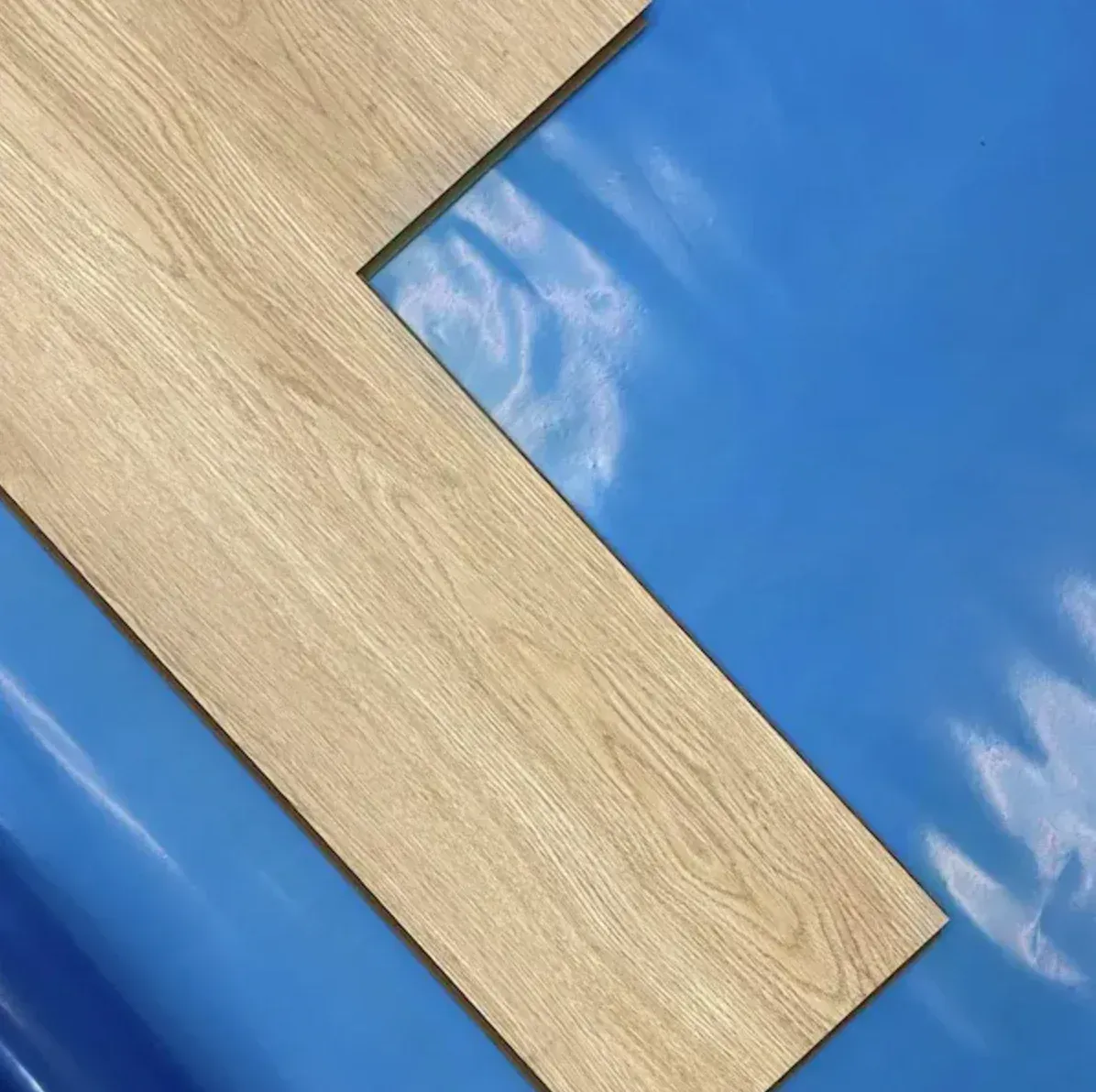
Maintenance and Care for Longevity
Taking care of your allergen-free flooring is key to keeping it clean and long-lasting. Regular upkeep helps your floors stay beautiful and allergy-friendly for years to come.
For hardwood floors, sweep or vacuum regularly to remove dust and dirt. Use a soft-bristle broom or a vacuum with a HEPA filter to trap tiny particles.
Mop your hard surface floors weekly with a damp (not wet) mop. Avoid using too much water, as it can damage wood and other materials.
For tile floors, clean grout lines periodically to prevent mold and mildew growth. Use a grout brush and a mild cleaner to scrub away dirt and grime.
If you have cork or bamboo flooring, follow the manufacturer's cleaning instructions carefully. These materials may need special care to maintain their allergy-friendly properties.
Quick tips for all flooring types:
- Wipe up spills immediately
- Use doormats at entrances to trap dirt
- Place felt pads under furniture legs to prevent scratches
- Trim pet nails regularly to avoid floor damage
By following these simple steps, you can keep your allergen-free flooring in top shape. This will help maintain a healthy home environment and extend the life of your floors.
Nashville-Specific Recommendations
Nashville's climate plays a big role in choosing the right flooring. The city's humid summers make water-resistant options important.
Tile flooring excels in moisture resistance and is a great choice for Nashville homes. It's easy to clean and doesn't trap allergens.
Hardwood is another popular option. Nashville hardwood floors are long-lasting and can be refinished if you want a change.
For allergy sufferers, consider these options:
- Hardwood
- Tile
- Cork
- Luxury vinyl plank
- Bamboo
These materials don't harbor allergens and are easy to keep clean.
When installing new floors, think about professional help. Flooring installation contractors have the tools and skills for complex materials.
If you're handy, you might install simpler options like vinyl yourself. These often have easy-to-use click-lock systems.
Remember to factor in your lifestyle, budget, and personal style when making your choice. Each flooring type has its own benefits and drawbacks.
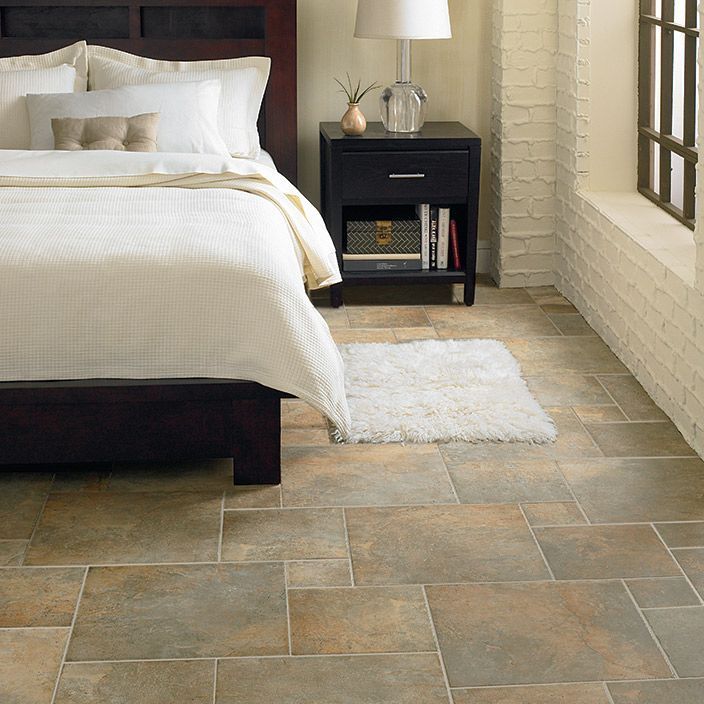
Wrap Up
Picking the right flooring for allergies can make a big difference in your home. You have many good options to choose from. Hard surfaces like wood, tile, and vinyl tend to work best.
Remember to think about how easy the floor is to clean. This matters a lot for keeping allergens away. Some floors need special care, while others are simple to maintain.
Your budget and style preferences also play a role in your choice. Luckily, there are allergy-friendly options at various price points.
For expert help with your flooring project, turn to Nashville Flooring Company. We offer:
- Wide selection of allergy-friendly floors
- Professional installation services
- Guidance on the best options for your needs
- Eco-friendly hardwood choices
You can trust their team to help create a beautiful, allergen-free space in your Nashville home. With the right flooring, you'll breathe easier and enjoy your home more.
